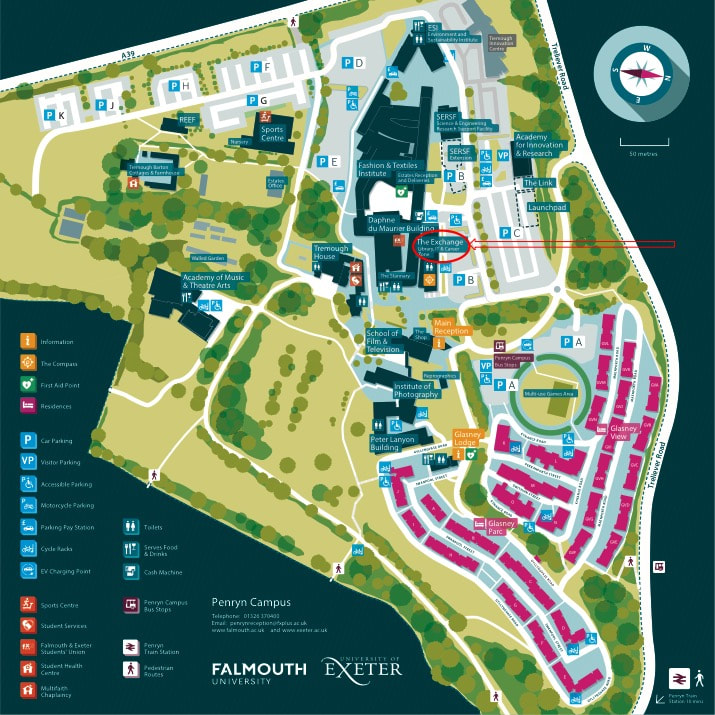Background
The vast majority of biodiversity on Earth is contained in microbial communities. Metagenomics involves the high-throughput sequencing of random DNA fragments isolated from microbial communities, followed by assembly into longer fragments and assignment of gene functions and taxonomic identities. Novel computational developments are allowing us to increasingly resolve strain- and species level differences from metagenomic data. Rather than viewing communities as ‘bags of genes’, this approach enables us to gain deeper insights into the composition and functioning of microbial communities.
Metagenome-assembled genomes(MAGs) can be operationally defined by binning metagenomic assemblies according to nucleotide composition and depth of coverage across multiple samples. However, it remains unclear to what extent these operationally defined MAGs correspond to different theoretical concepts of species, the natural units of evolution and ecology.
Metagenome-assembled genomes(MAGs) can be operationally defined by binning metagenomic assemblies according to nucleotide composition and depth of coverage across multiple samples. However, it remains unclear to what extent these operationally defined MAGs correspond to different theoretical concepts of species, the natural units of evolution and ecology.
Workshop
The main focus of this hands-on workshop will be genome-resolved metagenomics, and the opportunities and pitfalls it brings into microbiology. We will cover reconstructing microbial genomes from metagenomes, screening the quality of metagenome-assembled genomes (MAGs), studying their environmental heterogeneity through single-nucleotide variants (SNVs), de-convoluting sub-population genomes using SNV patterns, pangeomics, meta-pangenomics, phylogenomics, and other analysis and visualization strategies to implement comprehensive workflows to investigate fundamental questions of microbiology. We invite participants to bring their own data to learn to use these different approaches.
The hands-on component of the workshop will be led by Meren, Tom Delmont and Chris Quince. On top of that we will have guest speakers (Rachel Whitaker, Jesse Shapiro, Mick Vos) to lead the discussion about MAGs.
The event is planned on the 28 th -31 st of August. The date was selected to fit with the busy conference schedule at the end of Summer. Why not make a stop in one of the most beautiful city in Cornwall and meet with like-minded people, learn from some of the best in the field and take part in a brainstorming about the most burning issues in metagenomics?
The number of attendees is limited to 40-60 participants. We strive to to stimulate participation by early-career researchers and to have an equal gender ratio. Please follow this link to register an expression of interestand to send an email expressing how this workshop could benefit your work and what your current position (e.g. PhD student, lecturer) is. At the start of June, you will be notified of the success of your application, and sent a link with payment details and accommodation options.
The hands-on component of the workshop will be led by Meren, Tom Delmont and Chris Quince. On top of that we will have guest speakers (Rachel Whitaker, Jesse Shapiro, Mick Vos) to lead the discussion about MAGs.
The event is planned on the 28 th -31 st of August. The date was selected to fit with the busy conference schedule at the end of Summer. Why not make a stop in one of the most beautiful city in Cornwall and meet with like-minded people, learn from some of the best in the field and take part in a brainstorming about the most burning issues in metagenomics?
The number of attendees is limited to 40-60 participants. We strive to to stimulate participation by early-career researchers and to have an equal gender ratio. Please follow this link to register an expression of interestand to send an email expressing how this workshop could benefit your work and what your current position (e.g. PhD student, lecturer) is. At the start of June, you will be notified of the success of your application, and sent a link with payment details and accommodation options.
Where?
University of Exeter Cornwall Campus (Penryn, UK)
28-31 August 2018
28-31 August 2018





